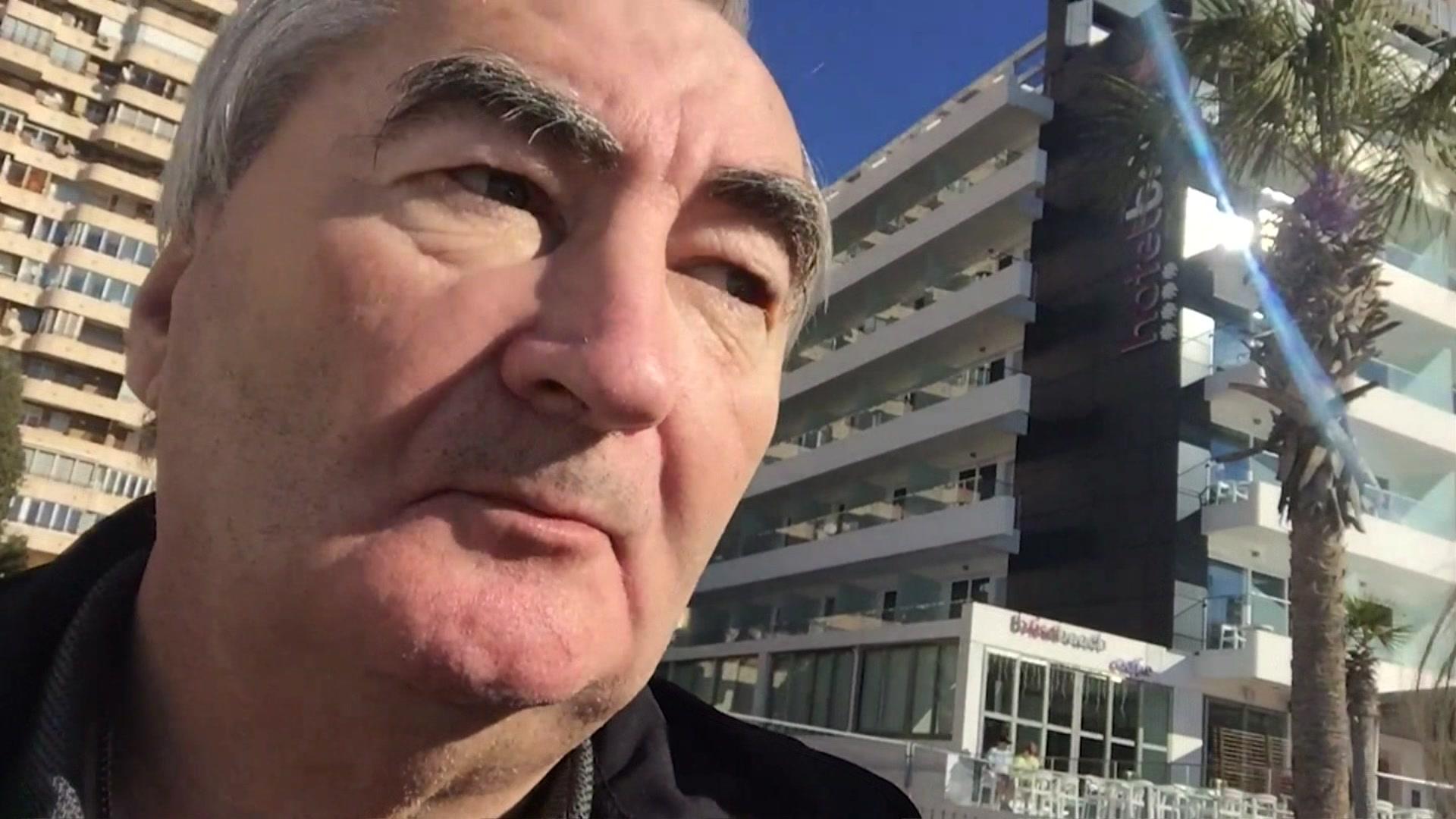Concussion may raise risk of MND, research suggests

Rob Burrows of Leeds Rhinos was one of a number of former professional rugby players who died with motor neurone disease
- Published
New research suggests rugby players who have suffered multiple concussions have biological differences that may make them more prone to developing motor neurone disease (MND).
Researchers at Durham University discovered that players who had had five or more concussions during their careers had higher levels of certain proteins in their blood, linked to certain diseases.
Scientists said they hoped the discovery could lead to a "toolkit" to monitor former players.
A number of former rugby players, including Leeds Rhinos star Rob Burrow and Scottish rugby union player Doddie Weir, died with MND.

Scottish rugby player Doddie Wier was diagnosed with motor neurone disease in 2017
The research compared 30 retired male athletes - including both rugby league and rugby union players - who had had five concussions during their careers to 26 retired sportsmen who had no history of concussion.
Significantly higher levels of specific proteins which play a role in the development of Alzheimer's and MND, were found in their blood compared to the healthy control group.
The study's senior author, Professor Paul Chazot said: "This study gives us the beginnings of a biomarker toolbox to periodically monitor the brain health of retired contact sports people.
"It will also pave the way for the introduction of the necessary interventions to minimise the development of future neurodegenerative disease," he added.
Commenting on the study, former Welsh international rugby player Alix Popham, who has early onset dementia, said: "This is more evidence that big changes need to happen to protect current rugby players."
But Jessica Lee, director of research at My Name'5 Doddie Foundation, said that because the sample used in the study was small, the results should be treated "with caution".
"However, it will be interesting, with further research, to understand if these biomarkers correlate with disease outcomes," she said.
Follow BBC North East on X (formerly Twitter), external, Facebook, external and Instagram, external. Send your story ideas to northeastandcumbria@bbc.co.uk.
Related topics
Related stories
- Published21 September 2022
